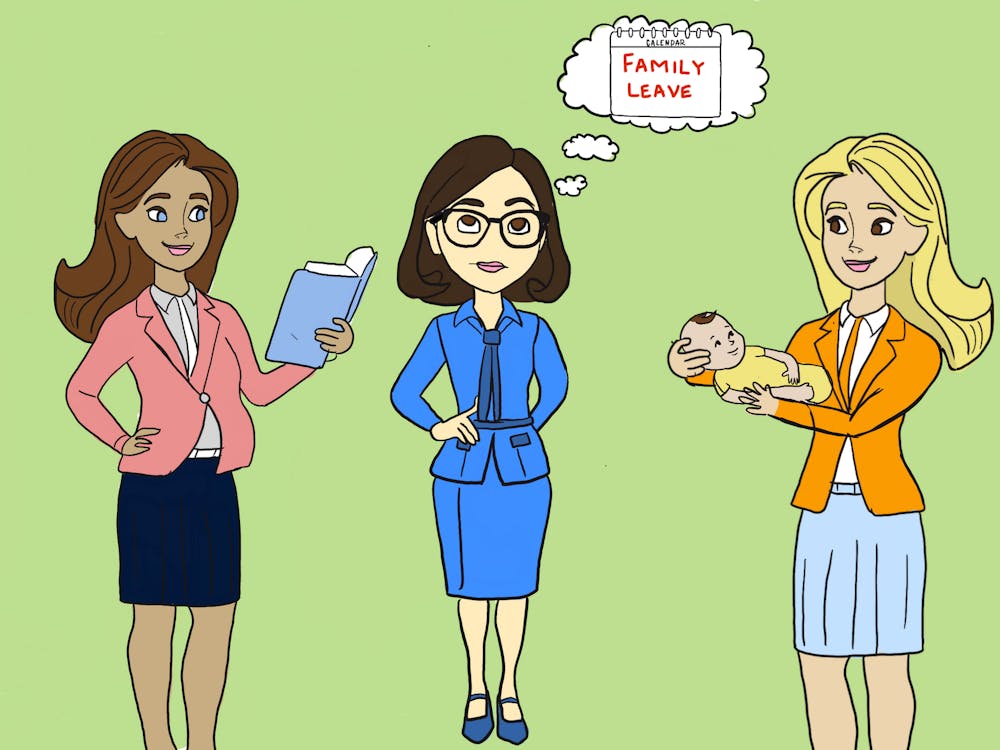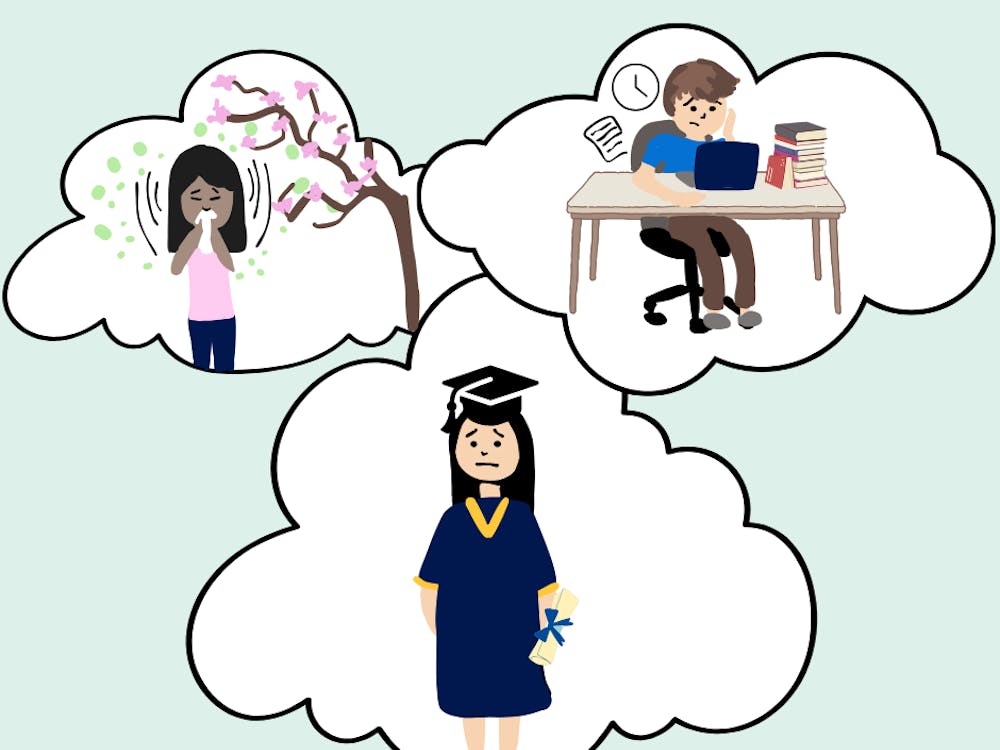On my most recent Spring Break, aboard a Carnival Cruise liner comprised of maybe 65 percent old people and 35 percent thirsty college students (fascinating social dynamic, I'll tell you about it later), I engaged in a lively debate with a young lady from North Carolina. She was studying information and communications systems and seemed convinced that advances in such technologies of the past decade were going to save our world. Maybe it was the $7 whiskey sours or just my propensity to disagree with things on principle, but I was inclined to take up something of an opposite viewpoint. Why, you ask?
Text, man! Text messages! E-mail! Instant Messages! Facebook Wall Posts! These are how we communicate, and yes, it does make life a whole lot easier. Distance is no longer an issue, save for the ever-shrinking stretches of highway or airspace or seaspace not covered by at least an extended network. This is obviously a huge part of what has pushed us into the still largely uncovered 21st century, and it is progress in every sense of the word. But what does it do to us as a society when we get hooked on it?
Quite simply, we don't have to be as human anymore. Sure, it doesn't seem like such an issue now; as students, we've mostly retained some form of social life that requires us to engage in conversation, sometimes with complete strangers, with or without the influence of controlled substances. Still, a change is happening. Consider: Some people, when texting or IMing or what have you, make it a point of using correct punctuation, italics, bolding, underlining, etc. Some, but not a whole lot. Real-life conversation, or even talking on the phone, however, requires at least some sort of affect, unless you are Simpletext, and you, my friend, are not Simpletext. Quoting studies is for nerds, but I know there have been some indicating that a whole lot of what is said in an e-mail is miscommunicated and misinterpreted, precisely because it's just text without inflections, accents or emphases. But, if we really wanted to, we could get around that. If everyone learned to type with perfect grammar and syntax on their phones and computer with liberal use of different fonts and styles to accentuate their e-speech where necessary, problem solved. Mostly.
Still, one must consider what comes with a real-life conversation: the eye contact, the body language, the various gestures, so on and so forth. How much do we really comprehend without those, I ask? And what about the imperfections of conversation? Things said that are clearly inappropriate but you don't realize that until they're said, or what about that dramatic outburst that always leads to either a slap in the face or a long kiss in the movies? The distance between conversers made possible by this e-volution means we don't have to worry about what our bodies and faces might say; we are looking at a monitor, and that monitor is not looking back at us. And then there's time: You can say whatever you want in a text-versation, because it's not actually an active, real-time discussion. Sure, in theory it is. But hey, I had to go feed the dog, or Tivo "The Office," so here's my calculated, intelligent response to what you just said, five minutes after you said it. Is it possible that as robots become more like humans, humans are becoming ever so slightly more robotic? Nah. Crazy talk.
But another effect of this glorious communications upheaval is that we don't so much have to go out anymore to see people we don't necessarily have a desire to see. You know, group projects (do it all over e-mail so we don't have to discuss/complain about the project for an hour in the library then make awkward small talk), going to the store (where you have to stand in lines with people you don't know and probably don't like, then have to talk to an employee or cashier for help and maybe make awkward small talk). Talk is cheap, they say. But I'm only paying like two cents per text message! Nothing costs two cents anymore!
It is my understanding that human beings are theoretically social animals, even if they quite often don't seem like it. This isn't something to worry about quite yet, but just remember to keep it in mind. Confrontations and awkward moments in real life may be uncomfortable, sometimes unbearably so, but they're healthy in an uncomfortable way, like Fiber One or a colonic irrigation. Try one today!
Erik's column usually runs biweekly Thursdays. He can be reached at silk@cavalierdaily.com.






